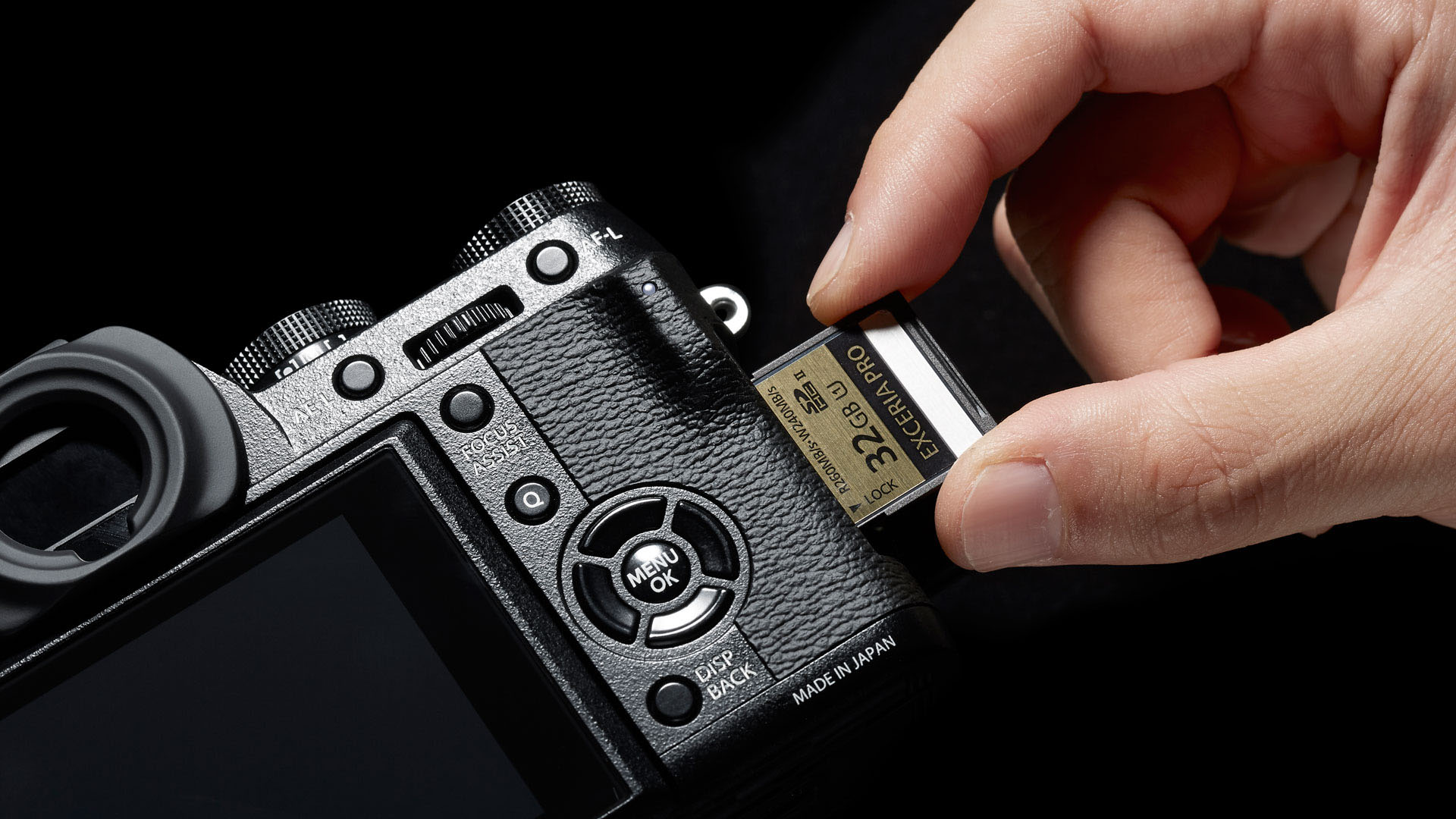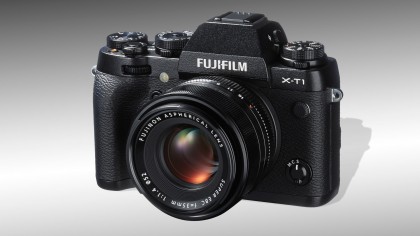Fuji X-T1 gets turbocharged with v3.0 firmware update
Owners get a new electronic shutter, Classic Chrome mode, Natural Live View and more

This new firmware update is available now and brings a large number of new and improved features to the popular Fuji X-T1 compact system camera, but there are two variants of this camera and this could make things confusing – so here's how it works:
- The original Fuji X-T1 uses firmware version 1.0 or, more recently version 1.1.
- The new X-T1 Graphite comes with firmware version 2.0 which brings additional features, such as a high-speed electronic shutter, but this is not available to owners of the original X-T1.
- But firmware version 3.0, now available, extends the features in the X-T1 graphite and also applies all the new features retrospectively to the original X-T1.

You can download the X-T1 firmware update from the Fujifilm Support page, where you'll also find instructions on how to install it.
The camera's 'firmware' is like its operating system, controlling camera functions and image processing. Most camera firmware updates are relatively minor, designed to fix bugs, improve controls or, occasionally, add features.
Fuji's X-T1 firmware update 3.0 is unusual in the size and scope of the update. In fact Fuji quotes no fewer than 27 enhancements or additions.
Some of these are relatively minor, though, so we've whittled these down to our top 10.

Top 10 Fuji X-T1 firmware 3.0 improvements
- High speed electronic shutter: The fastest speed is 1/32,000sec, the slowest is 1sec. The high-speed shutter is especially useful when you want to use wide lens apertures for defocused backgrounds in bright sunlight. (Already in X-T1 Graphite)
- Shutter sound: You can change the shutter sound or mute it entirely. (Already in X-T1 Graphite)
- Classic Chrome: A new Film Simulation mode which gives the muted colors of old reversal (slide) films. (Already in X-T1 Graphite)
- Natural Live View function: Normally, the X-T1 will display images as they will be captured, with any Film Simulations or effects applied. The Natural Live View function switches these off to provide a real-life view that can make shadow detail easier to see, for example, and is closer to the kind of view you get with a DSLR's optical viewfinder.
- AF/MF function: This provides seamless manual focus override – you can half-press the shutter button to autofocus normally, then make manual adjustments with the focus ring on the lens.
- Q.Menu customization: This menu offers quick access to common settings, and now you can choose which settings appear.
- 50p, 25p, 24p video frame rates: These are added to the existing 60p and 30p frame rates. The 50p and 25p frame rates will be especially useful in PAL video regions, while the 24p frame rate gives a 'cinematic' look.
- Manual video controls: You'll be able to set the ISO before you start shooting and adjust lens aperture and shutter speed while filming.
- Expanded Program Shift mode: Previously, the longest shutter speed in Program Shift mode was 1/4sec, but this has been extended to 4sec.
- Software Lock: A new option that can be used to prevent accidental button presses from changing the camera settings while you're shooting.
Get daily insight, inspiration and deals in your inbox
Sign up for breaking news, reviews, opinion, top tech deals, and more.

Rod is an independent photographer and photography journalist with more than 30 years' experience. He's previously worked as Head of Testing for Future’s photography magazines, including Digital Camera, N-Photo, PhotoPlus, Professional Photography, Photography Week and Practical Photoshop, and as Reviews Editor on Digital Camera World.